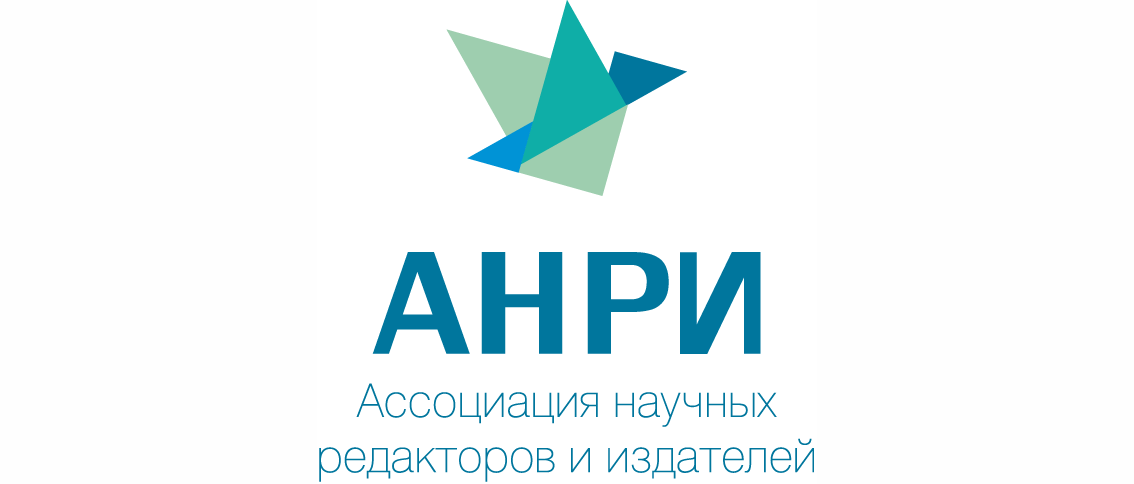Keywords: expert network, collective work, postcroudsourcing, experts, knowledge
Acknowledgements. The presented results are part of the research carried out within the project funded by grant #16-29-12866 of the Russian Foundation for Basic Research and by the State Research no. 0073-2014-0005. This work is also carried out with the financial support of leading universities of the Russian Federation, Grant 074-U01.
References
1. Slavin B.B.Modern expert networks. Open Systems Journal, 2014, no. 7, pp. 30–33. (In Russian)
2. Slavin B.B. Postcrowdsourcing as a architecture of expert networks. Programmnaya Inzheneriya, 2012, no. 5, pp. 42–47. (In Russian)
3. Chan J., Dang S., Dow S.P. Improving crowd innovation with expert facilitation. Proc. 19th ACM Conference on Computer-Supported Cooperative Work and Social Computing. San Francisco, USA, 2016, pp. 1223–1235. doi: 10.1145/2818048.2820023
4. Miao G., Moser L.E., Yan X., Tao S., Chen Y., Anerousis N. Generative models for ticket resolution in expert networks. Proc. 16th ACM SIGKDD Int. Conf. on Knowledge Discovery and Data Mining. Washington, USA, 2010, pp. 733–742. doi: 10.1145/1835804.1835897
5. Lacher R.C. Expert networks: paradigmatic conflict, technological rapprochement. Minds and Machines, 1993, vol. 3, no. 1, pp. 53–71. doi: 10.1007/bf00974305
6. Slavin B.B.Noosorsing – put' k «Nauke 3.0». Sovet Rektorov, 2010, no. 10, pp. 74–85. (In Russian)
7. Slavin B.B. Noosphere and the collective mind. In V.I. Vernadsky and Noosphere Paradigm of Development of a Society, Science, Culture, Formation and Economy in the 21st Century. St. Petersburg, Asterion Publ., 2013, vol. 1, 574 p.
8. Shevchenko O.P. The use of technology knowledge management in order to improve the efficiency the activities of the organization. Obshhestvo i Pravo, 2014, no. 4, pp. 295–298. (In Russian)
9. HeylighenF. Self-organizationincommunicatinggroups: theemergenceofcoordination, sharedreferencesandcollectiveintelligence. In: Complexity Perspectives on Language, Communication and Society/ Eds A. Massip-Bonet, A. Bastardas-Boada. Berlin, Springer, 2013, pp. 117–149. doi: 10.1007/978-3-642-32817-6_10
10. SurowieckiJ. The Wisdom of Crowds. NY, Anchor Books,2005, 336p.
11. Linstone H.A., Turoff M. The Delphi Method: Techniques and Applications. Addison-Wesley, 1975, 620 p.
12. Settles B., Dow S. Let’s get together: the formation and success of online creative collaborations. Proc. SIGCHI Conference on Human Factors in Computing Systems.Paris, France, 2013, pp. 2009–2018. doi: 10.1145/2470654.2466266
13. Buecheler T., Sieg J.H., Füchslin R.M., Pfeifer R.Crowdsourcing, open innovation and collective intelligence in the scientific method: a research agenda and operational framework. Proc. ALIFEXII Conference.Odense, Denmark, 2010, pp. 679–686.
14. Flores R.L., Belaud J.P., Le Lann J.M., Negny S.Using the collective intelligence for inventive problem solving: a contribution for open computer aided innovation.Expert Systems with Applications, 2015, vol. 42, no. 23, pp.9340–9352. doi: 10.1016/j.eswa.2015.08.024
15. Nguyen Q.U., Duong T.H., Kang S. Solving conflict on collaborative knowledge via social networking using consensus choice. Lecture Notes in Computer Science,2012, vol. 7653, pp. 21–30. doi: 10.1007/978-3-642-34630-9_3
16. Protasov V.I. Method of evolutionary coordination of solutions. Computer and mathematical models. Gorny Informatsionno-Analiticheskiy Byulleten, 2011, no. 1, pp. 360–379. (In Russian)
17. Kleinberg J. Thesmall-worldphenomenon: analgorithmicperspective. Proc. 32ndACMSymposiumontheTheoryofComputing. Portland, USA, 2000, pp. 163–170. doi: 10.1145/335305.335325
18. Ma L., Srivatsa M., Cansever D., Yan X., Kase S., Vanni M. On the efficiency of decentralized search in expert networks.Proc. 36th Int. Conf. In Distributed Computing Systems. Nara, Japan, 2016, pp. 733–734. doi: 10.1109/icdcs.2016.22
19. Fang H., Zhai C.X. Probabilistic models for expert finding. Lecture Notes in Computer Science,2007, vol. 4425, pp. 418–430. doi: 10.1007/978-3-540-71496-5_38
20. Moharreri K., Ramanathan J., Ramnath R.Probabilistic sequence modeling for trustworthy IT servicing by collective expert networks. IEEE 40th Annual Computer Software and Applications Conference. Atlanta, USA, 2016, vol. 1, pp. 379–389. doi: 10.1109/compsac.2016.170
21. Maybury M., D'Amore R., House D. Expert finding for collaborative virtual environments.Communications of the ACM, 2001,vol. 44,no. 12, pp. 55–56. doi: 10.1145/501317.501343
22. Sompel H.V.D., Nelson M.L., Lagoze C., Warner S. Resource harvesting within the OAI-PMH framework. D-Lib Magazine, 2004, vol. 10, no.12. doi: 10.1045/december2004-vandesompel
23. Robertson S., Zaragoza H. The probabilistic relevance framework: BM25 and beyond. Foundations and Trends in Information Retrieval, 2009, vol. 3,no. 4, pp. 333–389. doi: 10.1561/1500000019
24. Plachouras V. Diversity in expert search. Proc. of the Workshop on Diversity in Document Retrieval. Dublin, Ireland, 2011, pp. 63–67.
25. Daud A., Li J., Zhou L., Muhammad F. A generalized topic modeling approach for maven search. Lecture Notes in Computer Science, 2009, vol. 5446, pp. 138–149.doi: 10.1007/978-3-642-00672-2_14

























